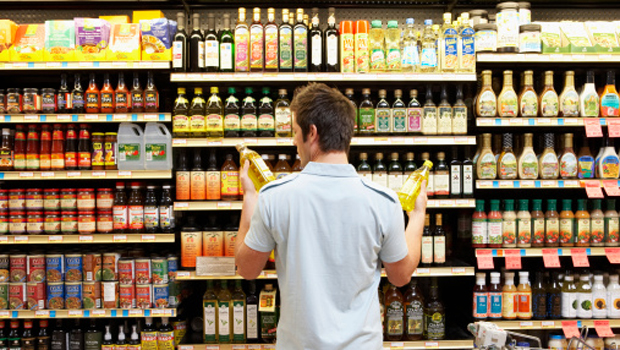
Best Reader Tips of 2021
This year reader tips led to dozens of ad alerts, as well as a complaint to regulators.
U.S olive oil producers claim foreign competitors are engaged in deceptive marketing tactics and mislabeling their products.
Foreign competitors are engaged in deceptive marketing tactics, including mislabeling their oil, olive oil producers told the U.S. International Trade Commission at a recent hearing.
Allison Aubrey, reporting on the hearings held Dec. 5 for NPR, described a myriad of issues surrounding the labeling and authenticity of imported extra virgin olive oil. Gregg Kelley, CEO of California Olive Ranch, who testified at the hearing, told her:
First and foremost, consumers often times aren’t receiving what they think they’re purchasing when they buy a bottle of [imported] olive oil, he said.
Tom Mueller, author of Extra-Virginity: The Sublime And Scandalous World of Olive Oil, told the commission that American consumers who buy the false extra virgins are being duped.
Major recent surveys of olive oil quality suggest that two-thirds of olive oil currently sold as ‘extra virgin’ in America is mislabeled: They fail to meet the major legal definitions of the extra-virgin grade, Mueller said. In September, Consumer Reports found that many of the big names in imported olive oil, such as Bertolli and Filippo Berio, do not taste good enough to meet the criteria to be “extra-virgin.”
So what advice did the U.S. olive growers have for us? Not surprisingly, they recommend we buy olive oil made in the U.S.A.
This year reader tips led to dozens of ad alerts, as well as a complaint to regulators.
Lawsuits allege brownie brands and others lack the essential dairy ingredients to call their products fudge.
How much of the real fruit pictured on the label actually makes it in these products?


